Illnesses during pregnancy:
Causes, symptoms & help

Blood pressure in pregnancy – what is the right pressure?
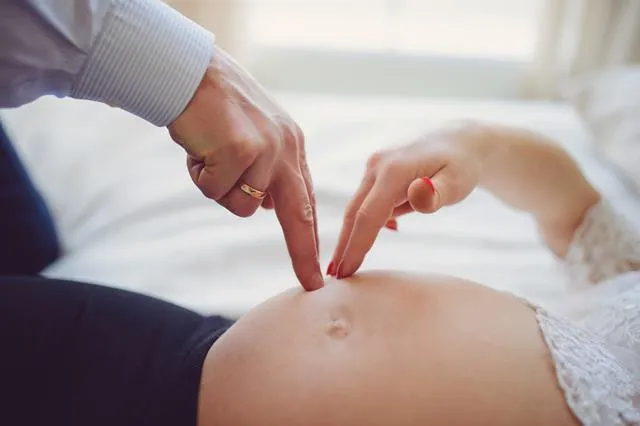
Fever in pregnancy – when is it normal and when is it a symptom of illness?
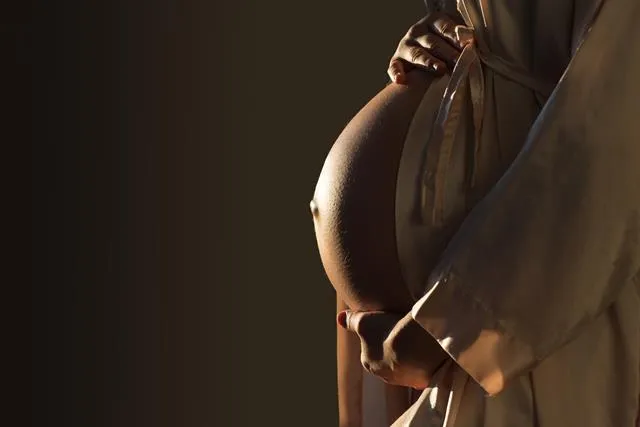
Heartburn during pregnancy – how to relieve an annoying burning sensation?
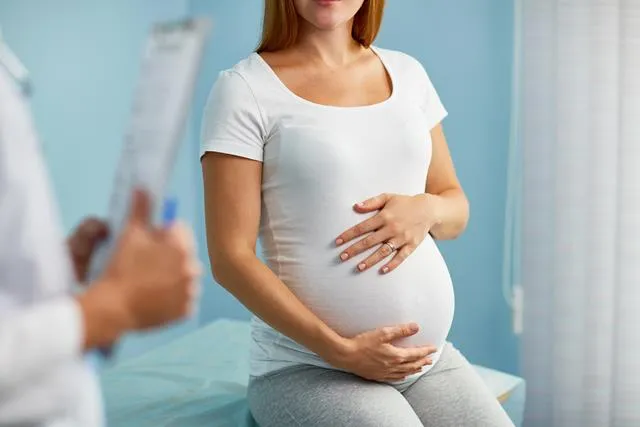
What is pregnancy cholestasis? Know its causes, symptoms and treatments.

Pain during ovulation
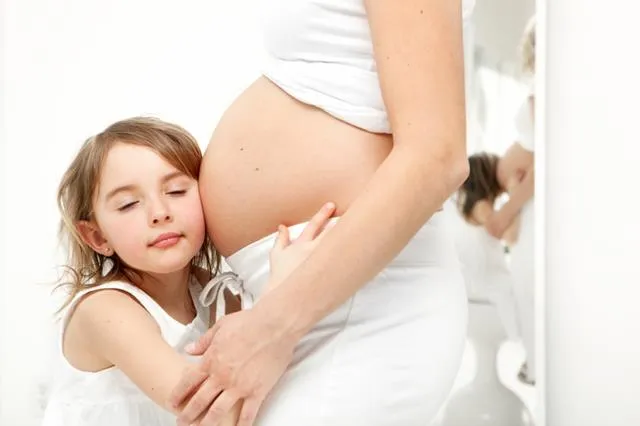
Causes, symptoms and treatment of abdominal pain during pregnancy. What about abdominal pain during pregnancy?
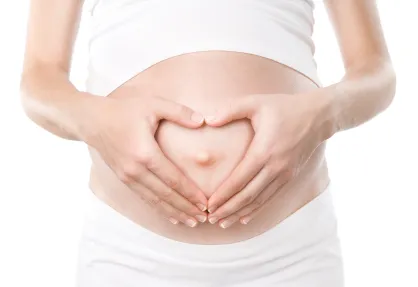
Diarrhea and pregnancy. Can diarrhea be a symptom of pregnancy and what can be used for diarrhea in pregnancy?

Groin pain during pregnancy

Ectopic pregnancy – symptoms and course of ectopic pregnancy.


